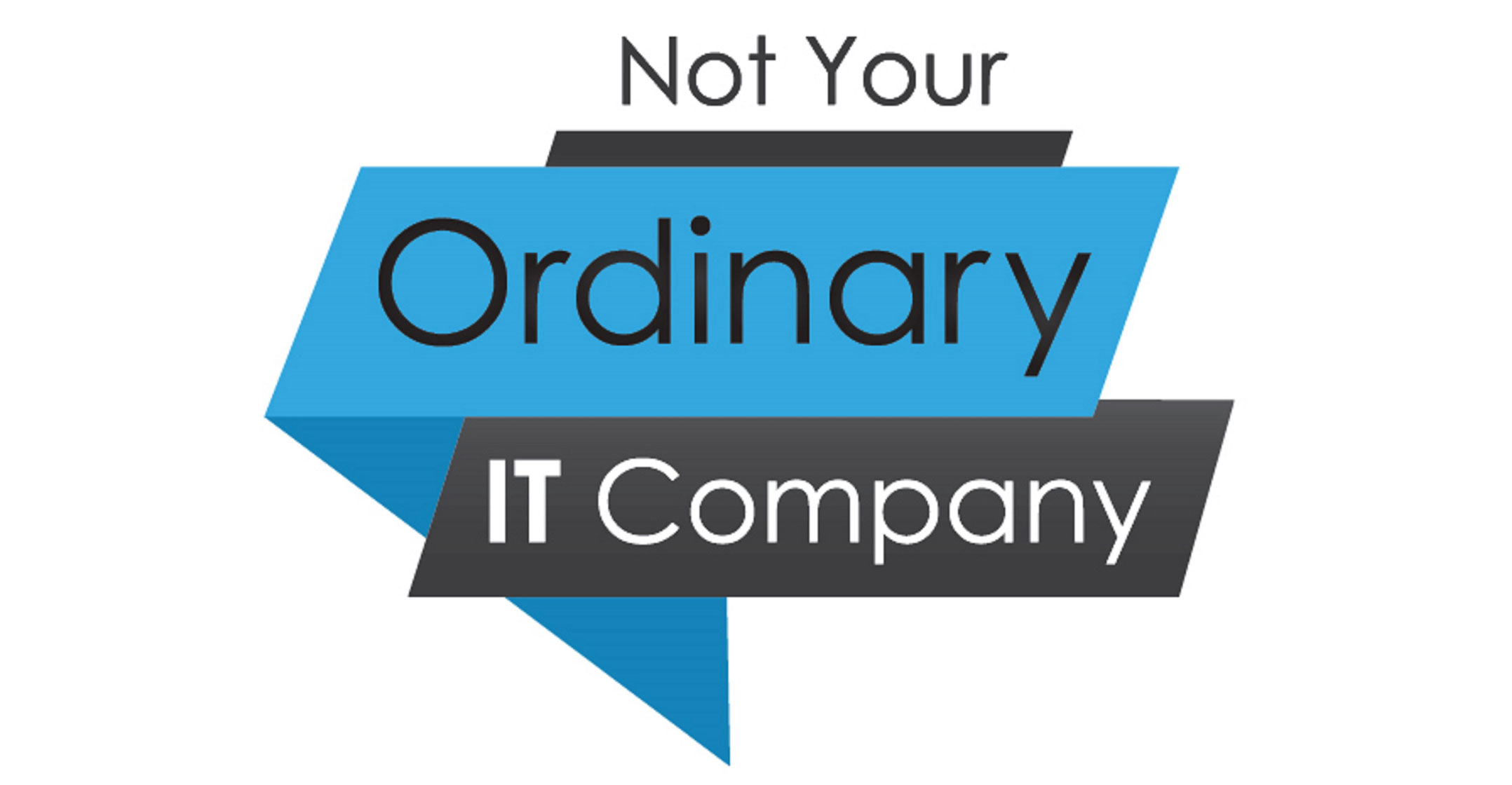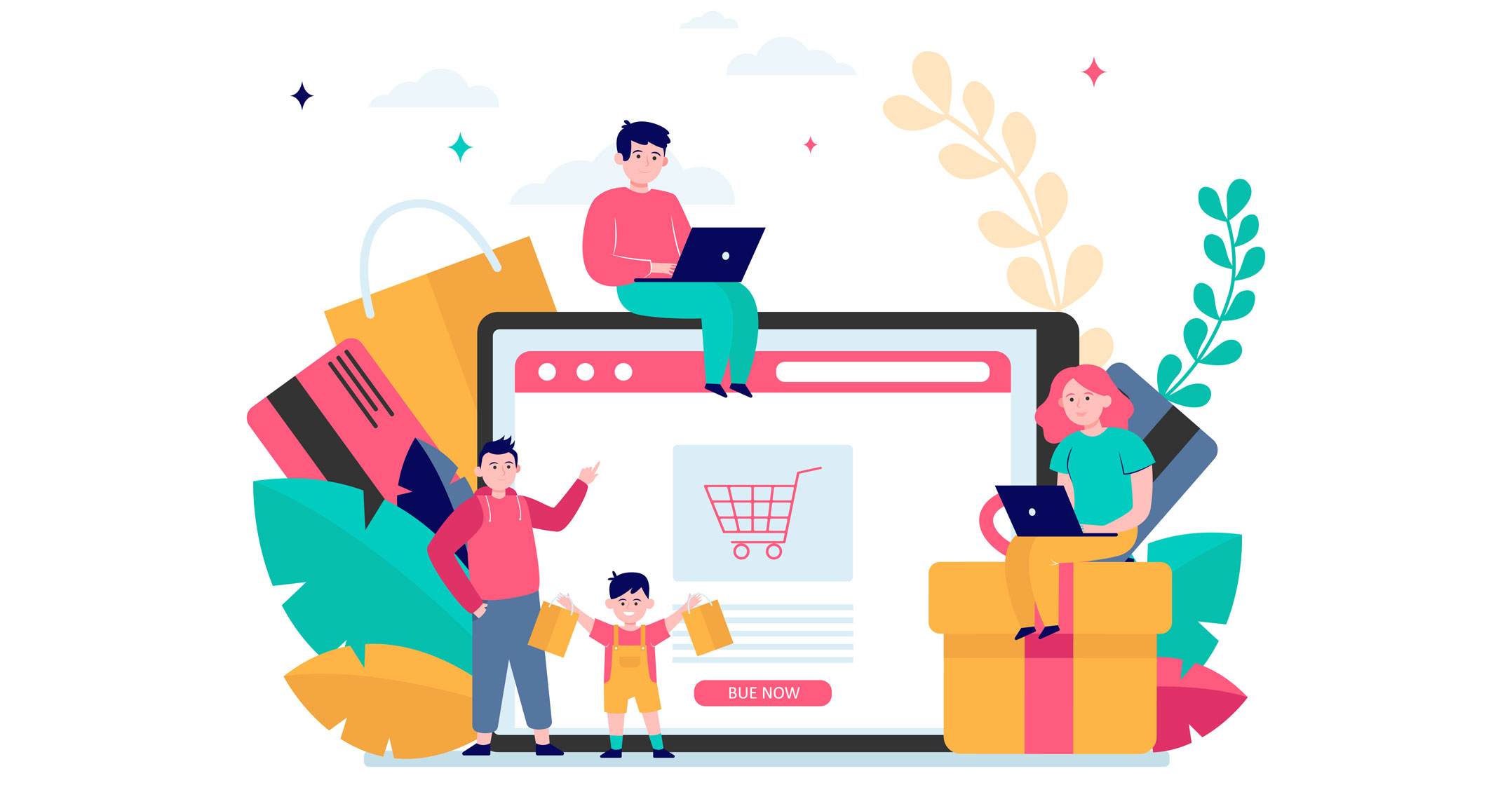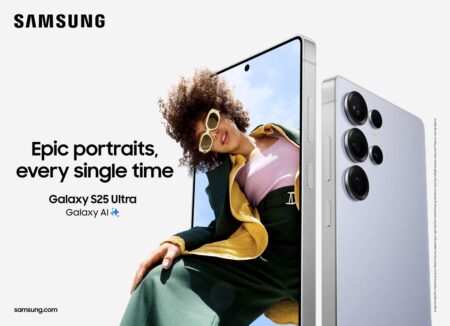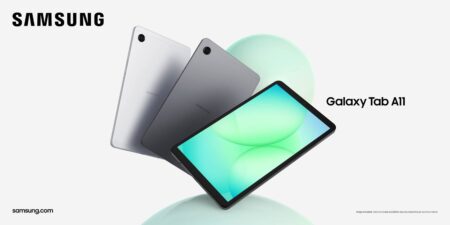 Last year was the year everyone went online, and that included for e-commerce. In South Africa alone, online shopping surged by 40%. But the boom led to some unique challenges for many businesses.
Last year was the year everyone went online, and that included for e-commerce. In South Africa alone, online shopping surged by 40%. But the boom led to some unique challenges for many businesses.
A lot of the e-commerce growth in 2020 came from consumer retail but much included business acquisitions, particularly of IT and home office equipment.
“It’s become the new way of engaging suppliers, be they in the home, the office or the home office,” says Tami Morris, national client relationship manager for Digital Generation.
One of the subtle challenges that emerged after the initial dash to set up a means to work from home was understanding the differences between retailers and resellers.
“With so many retailers shifting their store fronts online, it became the accepted way of buying everything from groceries to equipment,” says Morris. “But it quickly highlighted the differences between retailers and resellers.”
Retailers vs resellers
Retailers source and sell many items, everything from books to technology, electronics, apparel, software, furniture and more. “We all understand the system,” says Morris. “Retailers buy the goods and sell them at a mark-up. If clients have a problem with the goods, they return them for a refund, repair or replacement. The retailer simply returns them to the supplier. It’s a great system and it works well to support consumers in many ways. But it’s not necessarily the best model to support business operations.”
Resellers, by contrast, invest in specific products, and services to support them. They become experts in the products and solutions they resell. They adhere to strict standards and certifications, either those established by the industry or by the original equipment manufacturer.
“There’s a degree of comfort knowing that the supplier is invested in the brand they provide, that they offer services that support client operations, and that there’s a path for recourse should there be any challenges or concerns,” says Morris. “It supports due diligence and risk mitigation, and helps organisations keep their people productive.”
 Digital Generation (DG), for example, provides financing, full asset management and lifecycle management in addition to customisable solutions based on the technologies it offers. Unlike sourcing equipment from a retailer, DG can tailor solutions to serve specific client needs.
Digital Generation (DG), for example, provides financing, full asset management and lifecycle management in addition to customisable solutions based on the technologies it offers. Unlike sourcing equipment from a retailer, DG can tailor solutions to serve specific client needs.
“We don’t just supply equipment such as laptops,” says Morris. “We can supply them to employees anywhere in the country, preconfigured with all the software, security and roles-based identity management that organisations need. And we back that up with a range of services, including managed services, so that our clients know they can be productive from day one and stay that way.”
Security and support proved to be crucial during lockdown and remain so. The sudden shift of people to home offices where hackers knew they had little to no IT support made businesses vulnerable. Policy-based services like those from a certified reseller such as DG, rather than the off-the-shelf equipment from a retailer, are the difference between productive employees and organisations held to ransom.
DG partners with many of the world’s top vendors, including Acer, Apple, Asus, Dell, Lenovo, HP, Samsung and more. They extend the vendor support in addition to their own services. DG leverages its partnerships for preferential pricing and enhanced support on behalf of clients.
“We walk beside our clients, to the extent that we can have our people sit onsite with them,” says Morris.
DG is a black, women-owned business that provides certified level-1 B-BBEE preferential procurement benefits with facilities to support clients countrywide.
- This promoted content was paid for by the party concerned




